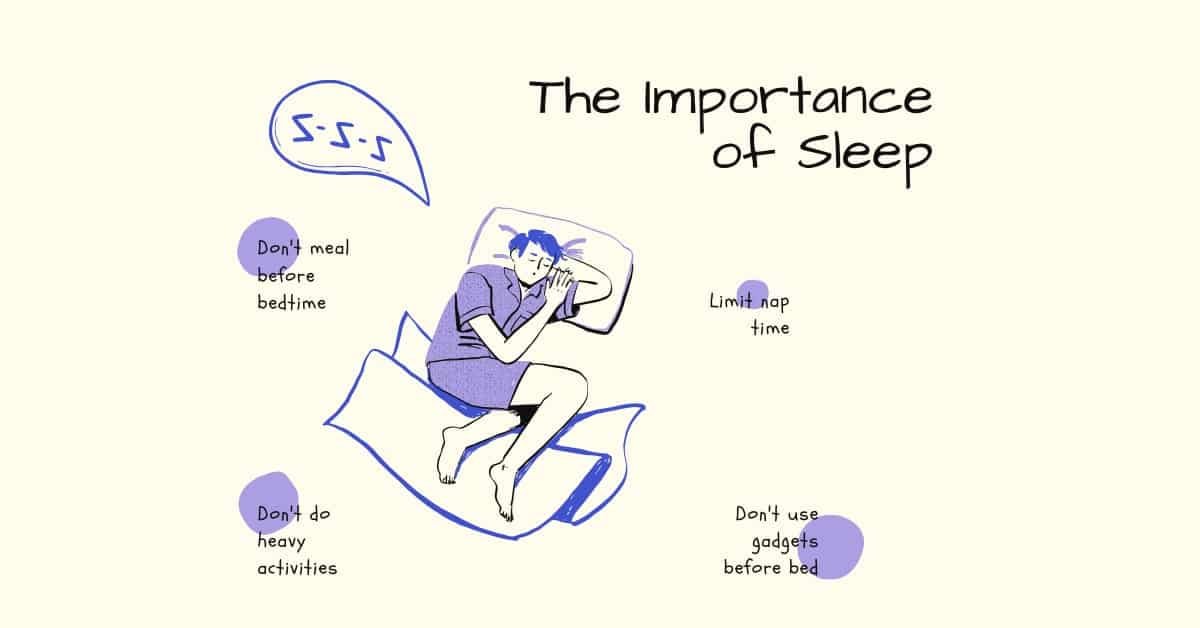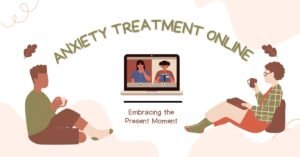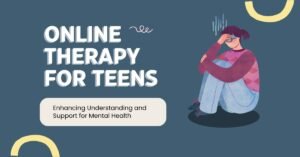Sleep is vital for our well-being, playing a significant role in our mental health. The Importance of sleep and mental health connection is undeniable. When we don’t get enough quality sleep, it can lead to various mental health issues, including anxiety and depression. In this article, we will explore how sleep impacts our mental health, the effects of sleep disorders, and tips for improving sleep hygiene.
Understanding the Sleep and Mental Health Connection
Quality sleep is essential for our minds to function properly. When we sleep, our brains undergo restorative processes that help consolidate memories and regulate emotions. However, poor sleep can disrupt these processes, leading to difficulties in managing stress and mood.
Research shows that individuals with sleep disorders, such as insomnia, are more likely to experience mental health issues. Insomnia can create a cycle of anxiety and poor sleep, making it difficult to break free. This connection highlights the importance of addressing sleep problems to improve mental health.
The Impact of Sleep Disorders
Sleep disorders, including insomnia and sleep apnea, can have a significant effect on mental health. Insomnia, characterized by difficulty falling or staying asleep, can lead to daytime fatigue and irritability. This fatigue can lower one’s ability to cope with stress, leading to increased anxiety and depression.
Sleep apnea, another common disorder, causes interruptions in breathing during sleep. This disruption can result in poor quality sleep and daytime sleepiness, which can further exacerbate mental health conditions.
The Role of Sleep Hygiene
To foster better sleep, practicing good sleep hygiene is essential. Sleep hygiene refers to habits and practices that promote quality rest. Here are some effective sleep improvement tips:
- Create a Sleep Schedule: Go to bed and wake up at the same time every day, even on weekends. This helps regulate your body’s circadian rhythms.
- Limit Screen Time: Reduce exposure to screens at least an hour before bed. The blue light emitted by phones and computers can interfere with melatonin production, making it harder to fall asleep.
- Create a Relaxing Environment: Make your bedroom a calming space. Keep it dark, cool, and quiet to promote restorative sleep.
- Be Mindful of Food and Drink: Avoid large meals, caffeine, and alcohol close to bedtime. These can disrupt sleep and affect mental health.
- Incorporate Relaxation Techniques: Engage in activities like reading, meditation, or deep breathing exercises before bed to help your mind unwind.
Benefits of Restorative Sleep
Restorative sleep is crucial for maintaining a healthy mind. When you get enough sleep, your body and brain can repair and rejuvenate. Benefits of quality sleep include:
- Improved Mood: Good sleep can enhance your emotional stability and resilience against stress.
- Better Concentration: Adequate rest allows for improved focus and cognitive function, essential for daily tasks.
- Enhanced Memory: Sleep helps consolidate memories, aiding learning and retention.
- Lowered Stress Levels: Quality sleep can reduce the levels of stress hormones in the body, making it easier to cope with challenges.
Circadian Rhythms and Mental Health
Circadian rhythms, our body’s natural clock, regulate sleep-wake cycles. Disruptions to these rhythms, such as shift work or irregular sleep patterns, can negatively impact mental health. Maintaining a consistent sleep schedule helps align your circadian rhythms, promoting better sleep and overall mental well-being.
Insomnia Solutions
For those struggling with insomnia, there are effective solutions available:
- Cognitive Behavioral Therapy for Insomnia (CBT-I): This therapy focuses on changing thoughts and behaviors around sleep, making it an effective long-term solution.
- Medication: While not a permanent fix, medications can be helpful for short-term relief. Always consult a healthcare professional before starting any medication.
- Sleep Apps: Various apps offer guided meditations and sleep sounds that can aid in falling asleep.
Conclusion
The sleep and mental health connection is a vital aspect of overall well-being. Understanding how sleep impacts mental health, recognizing sleep disorders, and adopting good sleep hygiene can make a significant difference in your life. If you or someone you know struggles with sleep, consider reaching out to a professional for help.
At Passages WV, we understand the importance of mental health and offer various resources and services to support your journey. Improving your sleep can be a key step toward enhancing your mental well-being.







